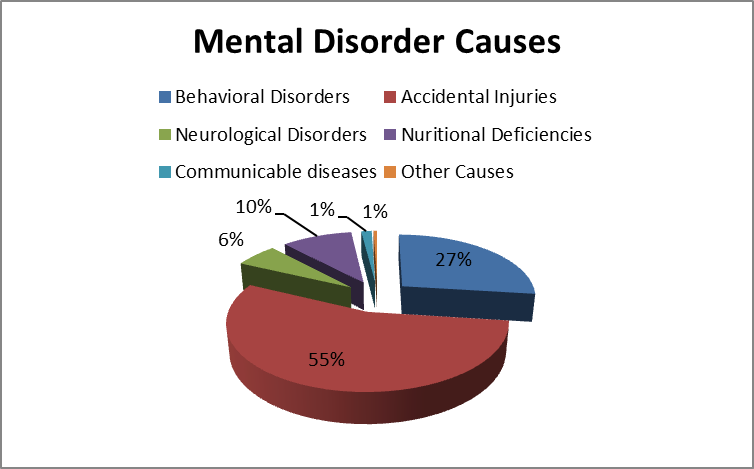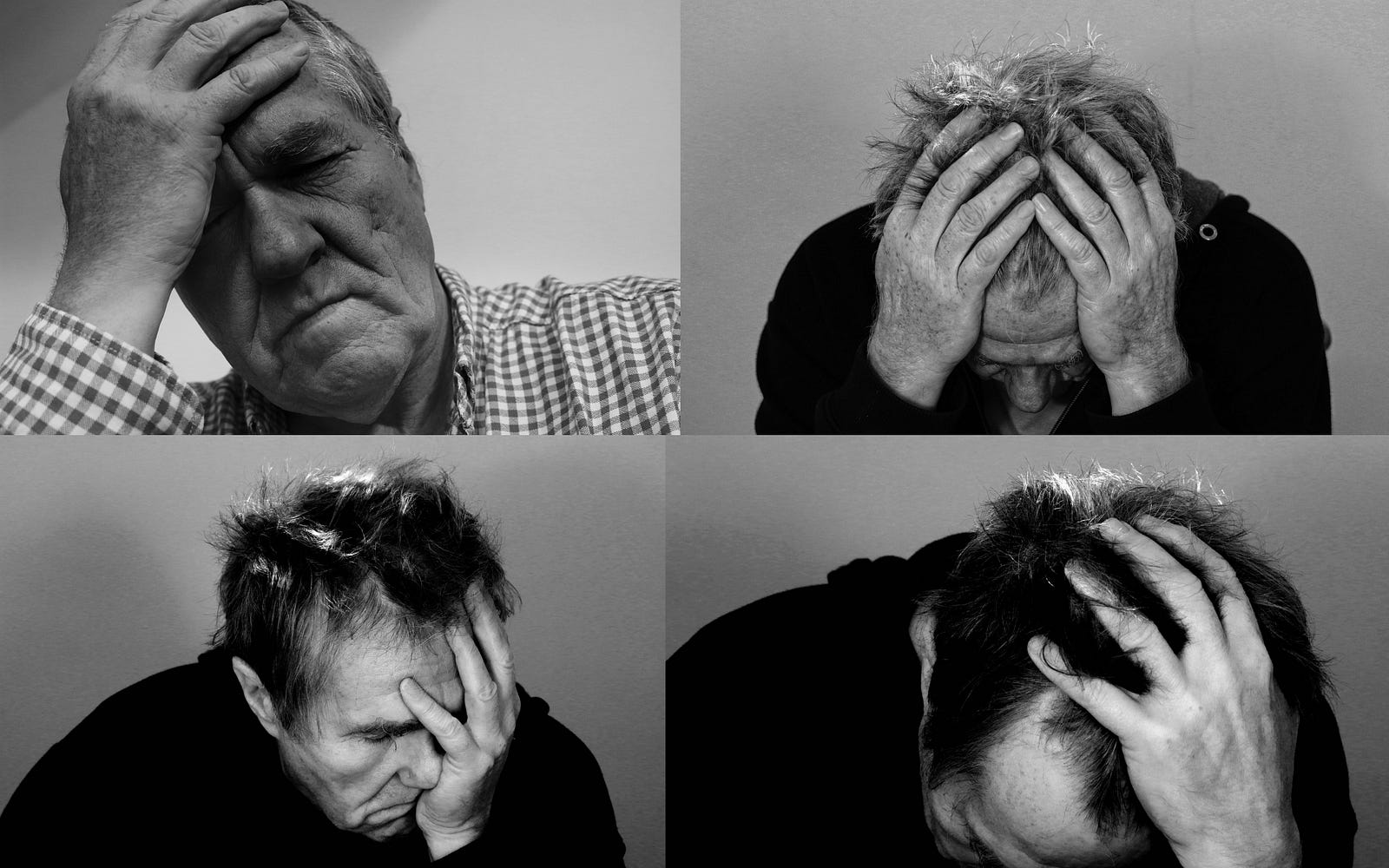
Mental illness makes us uncomfortable. Unlike a cancer diagnosis or a broken leg, where causes are understood and treatment methods are clear cut, depression, bipolar, anxiety and PTSD are harder to grasp.
Many people believe that mental health problems don’t affect them or those they love, but mental health issues are extremely common, affecting one in five American adults.
According to their data for the year 2011, one in 20 Americans lived with a serious mental illness such as schizophrenia, bipolar disorder or major depression. You probably know someone with a mental health problem and don’t even realize it, because many people with mental health problems are highly active and productive members of their communities.
Unfortunately, it’s also a myth that suicide is relatively rare. In fact, suicide is the tenth leading cause of death in the US, accounting for the loss of more than 38,000 American lives each year, more than double the number of lives lost to homicide. We’re often afraid to talk about mental health problems because we believe people who suffer from them are violent and unpredictable.

The truth is, the vast majority of people with mental health problems are no more likely to be violent than anyone else. Most people with mental illness are not violent, and only 3-5 percent of violent acts can be attributed to individuals living with a serious mental illness, according to mentalhealth.gov. People with mental health problems are productive, hold down jobs, and are not lazy or weak. Mental illness is not a character flaw or personal weakness.
Someone who is clinically depressed can’t just “get over it” if they try hard enough. Mental illness, including clinical depression, is a legitimate disease that responds to medical treatment. What Causes Mental Illness? You may be wondering, how do mental health issues begin? Many factors actually contribute to mental health problems. They can be a combination of biological factors (genetics, physical illness, injury, brain chemistry), life experiences (trauma, a history of abuse) and family history.
Whatever the root cause, people with mental health problems can get better and many recover completely.
Mental health issues can often go hand in hand with addictive behaviors. Those suffering from depression, bipolar or other problems can attempt to self-medicate with drugs or alcohol. It may mask their disorder for a time or bring some temporary relief, but in the end, it just adds to the problem. In fact, a high percentage of those in treatment programs are found to be dealing with a co-occurring mental health issue in addition to their addiction.
Offering True Help Stigmas may persist, but there are more treatments, services and community support systems than ever before for those with mental health issues. Treatment for mental health problems varies depending on the individual and could include medication, therapy or both.
Many individuals work with a support system during the healing and recovery process. Friends and loved ones can make a big difference, but professional help is needed too.
If you or a loved one is suffering from a co-occurring disorder click link to find an online help

No comments:
Post a Comment